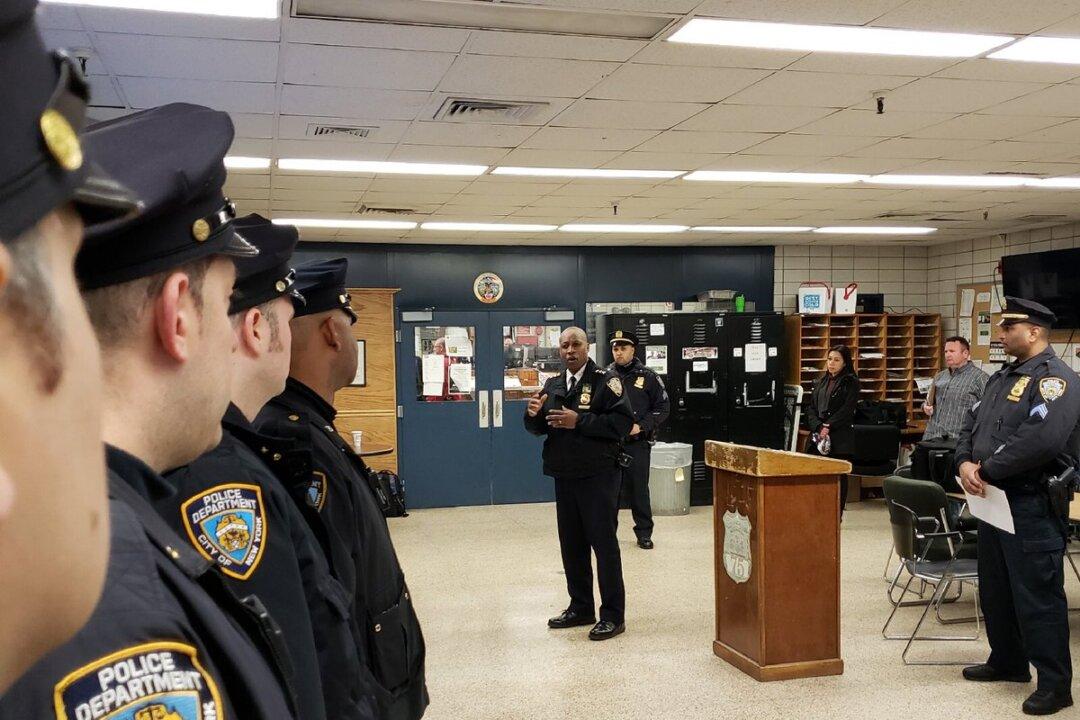Every year, on Feb. 19, the Japanese American community honors Remembrance Day.
It is a solemn day to reflect, resolve, and renew lessons from Executive Order 9066 which was signed on Feb. 19, 1942.
The executive order took place shortly after the “date which will live in infamy” speech by Franklin Delano Roosevelt (FDR) on Dec. 8, 1941.
Although on face value, the order was neutral, allowing for areas of land to serve as military zones, it resulted in a dark shadow on American history.
This order, as cited on the Japanese American Citizens League (JACL) website, gave the U.S. Army authority to remove civilians from military zones established in Washington, Oregon, and California during World War II.
The JACL is the oldest and largest Asian American civil rights league in America, and dedicated to preserving the memory of these events. Their website details information on Executive Order 9066 that includes the following:
“It is a reminder of the impact the incarceration experience has on our families, our community, and our country. It is an opportunity to educate others on the fragility of civil liberties in times of crisis, and the importance of remaining vigilant in protecting the rights and freedoms of all.”
Intolerance, Discrimination, Incarceration
Executive Order 9066 led to military removal, often by soldiers with bayonets ready, of residents of peaceful, law-abiding Japanese Americans.
The executive order led to the forced removal of 120,000 Americans of Japanese descent. These Americans, many with families including young children and infants, had to abandon everything. They lost the freedom they treasured and were immediately incarcerated into ten different concentration camps.
Although no Japanese-Americans were ever afforded due process, nor charged, nor convicted of any acts of espionage or sabotage, they lost their freedom. They were forced by an executive order from their homes into years of intolerance, discrimination, and imprisonment.
America: A New Crisis of Intolerance
As America marked the 75th Anniversary of FDR’s executive order 9066 this year, we must have our eyes wide open to a new crisis of intolerance. Confusion has been ignited throughout our homeland and issues will apparently get much worse before the nation is reawakened to the principles of tolerance.





